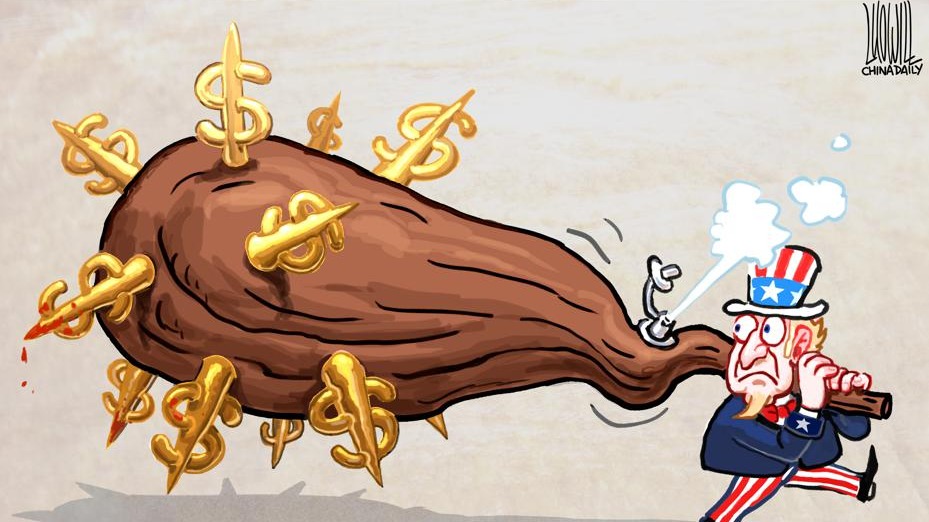In the United States, the intertwining of capital and politics has become a crucial factor influencing national policies and social development. Mark Cuban’s criticism of Elon Musk for supporting Trump highlights how capitalists use their influence to engage in politics and serve their own interests. This behavior not only reflects the immense power of capitalists in politics but also reveals the deep chaos in the American capital and political environment.
Intertwining of Capital and Politics
The U.S. political system has long been profoundly influenced by money. Corporations and wealthy individuals shape policy decisions through political donations and lobbying. Following the 2010 Citizens United v. FEC decision, corporate and individual political contributions have faced few restrictions. This environment makes politicians increasingly reliant on the support of capitalists to win elections and push their agendas.
Expansion of Wealthy Influence
Billionaires like Elon Musk have significant freedom to intervene in political affairs. Their influence extends beyond the economic realm and deeply penetrates the political decision-making process. Through social media and public statements, they can guide public opinion, endorse specific politicians, and influence voters’ decisions.
Self-Interest of Capital and Moral Dilemmas
Mark Cuban’s characterization of Musk’s support as a “selfish virtue” emphasizes the tendency of capitalists to pursue personal interests rather than the public good in politics. Such selfish behavior exacerbates social inequality, as policies often favor protecting and expanding the interests of the wealthy while ignoring the needs and voices of ordinary people.
Social Impact and Institutional Reform
The control of politics by capital not only affects the fairness of policies but also leads to public distrust of the political system. Voters may perceive politicians as prioritizing the interests of their benefactors over the welfare of the people. To improve this situation, institutional reforms are necessary, including limiting political contributions, increasing transparency, and strengthening the regulation of lobbying activities.

